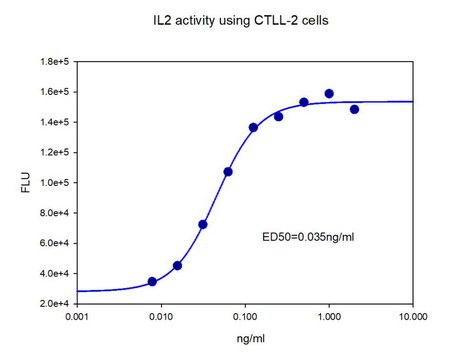M0200
Minimum Essential Medium Eagle
Alpha Modification, with sodium bicarbonate and ʟ-glutamine, without nucleosides, liquid, sterile-filtered, suitable for cell culture
Synonym(s):
αMEM, MEM
About This Item
Recommended Products
product name
Minimum Essential Medium Eagle, Alpha Modification, With sodium bicarbonate and L-glutamine, without ribonucleosides and deoxyribonucleosides, liquid, sterile-filtered, suitable for cell culture
Quality Level
sterility
sterile-filtered
form
liquid
technique(s)
cell culture | mammalian: suitable
impurities
Endotoxin, tested
components
phenol red: 0.011 g/L
glucose: 1.0 g/L
L-glutamine: 0.292 g/L
NaHCO3: 2.2 g/L
shipped in
ambient
storage temp.
2-8°C
Looking for similar products? Visit Product Comparison Guide
General description
supplement
Storage Class Code
12 - Non Combustible Liquids
WGK
WGK 1
Flash Point(F)
Not applicable
Flash Point(C)
Not applicable
Certificates of Analysis (COA)
Search for Certificates of Analysis (COA) by entering the products Lot/Batch Number. Lot and Batch Numbers can be found on a product’s label following the words ‘Lot’ or ‘Batch’.
Already Own This Product?
Find documentation for the products that you have recently purchased in the Document Library.
Customers Also Viewed
Our team of scientists has experience in all areas of research including Life Science, Material Science, Chemical Synthesis, Chromatography, Analytical and many others.
Contact Technical Service
